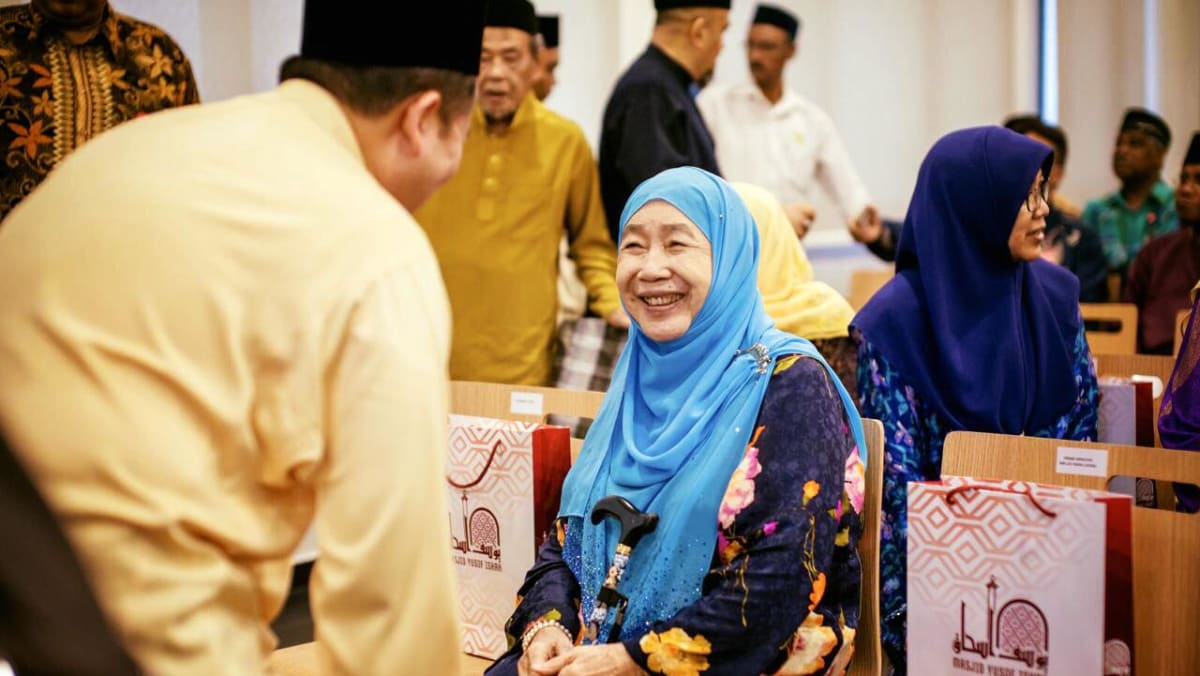SINGAPORE: Raising the goods and services tax (GST) from 7 per cent to 9 per cent was a tough but necessary decision amid Singapore's ageing society and a more turbulent world, said Second Minister for Finance Chee Hong Tat on Saturday (Apr 26).
"Raising the GST was a very difficult decision. If we could have avoided it, we would have," said Mr Chee in a video posted on Facebook explaining the government's decision.
"We studied all the options, and without the GST increase, we would not be able to fulfil our promise to take care of our seniors in an ageing society."
Without the additional revenue, the government would also not have the resources to help Singaporean companies and workers deal with the uncertain global outlook, Mr Chee added.
The rising cost of living has been a recurring concern among voters in this year’s General Election.
Several opposition parties have campaigned that the GST - which was raised from 7 per cent to 8 per cent in 2023 and then to 9 per cent last year - be brought back to 7 per cent.
Some have also called for essential items like groceries and utilities to be exempted from the tax.
Mr Chee - who is from the ruling People’s Action Party (PAP) - said that with the government’s implementation of permanent GST vouchers and GST absorption for education and healthcare, it is the tourists, foreigners and the better-off who pay most of Singapore’s GST revenue.
"It is not our lower- and middle-income households. It is not our lower- and middle-income Singaporeans. They pay a far lower effective GST rate than 9 per cent," said Mr Chee.
"In fact, with the Assurance Package, we have effectively delayed the GST increase for most Singaporean households - at least five years for the majority of households and more than 10 years for lower-income households.
"And through our many support packages, we have helped many households cope with the increases in their expenditure. And we are prepared to do more to help you, for as long as it is necessary."
Mr Chee said the revenue generated from the GST - from tourists, foreigners, and the better-off - is part of a "progressive" system to give the government the resources it needs to support Singaporeans in many areas, including healthcare, education, housing and public transport.
"So if we reduce the GST, we will forgo this revenue that we collect from these groups that are currently benefiting Singaporeans today," said Mr Chee, who is also Minister for Transport.
"If we did not increase the GST, we would not have the resources to support our seniors in an ageing society and today, in a more turbulent world, to help Singaporeans, to help our companies, to help our workers, to help our people."
Singapore earlier this month downgraded its gross domestic product (GDP) growth forecast for 2025 to 0 per cent to 2 per cent, against the backdrop of slowing global trade and heightened economic uncertainty following US President Donald Trump's tariffs and a brewing trade war between China and the United States.
Prime Minister Lawrence Wong, in a political broadcast for the PAP on Friday, warned that those uncertainties were already weighing on the global economy.
Mr Chee on Saturday said that due to the GST increases, the country is in a much better and stronger position to meet its structural challenges and to deal with the uncertain near-term outlook.
"This is why PM was able to give the assurance, to commit that there will be no further GST increases until 2030. Thereafter, this will have to be studied carefully by the government of the day," he said.
"When this government makes a promise, we honour our commitment. Planning ahead and being prepared for the future is what a responsible government needs to do," Mr Chee added.
"Our commitment to Singaporeans is this: We don’t raise taxes unless we really need to. But we will do so to look after the needs of Singaporeans - both the current and future generations."

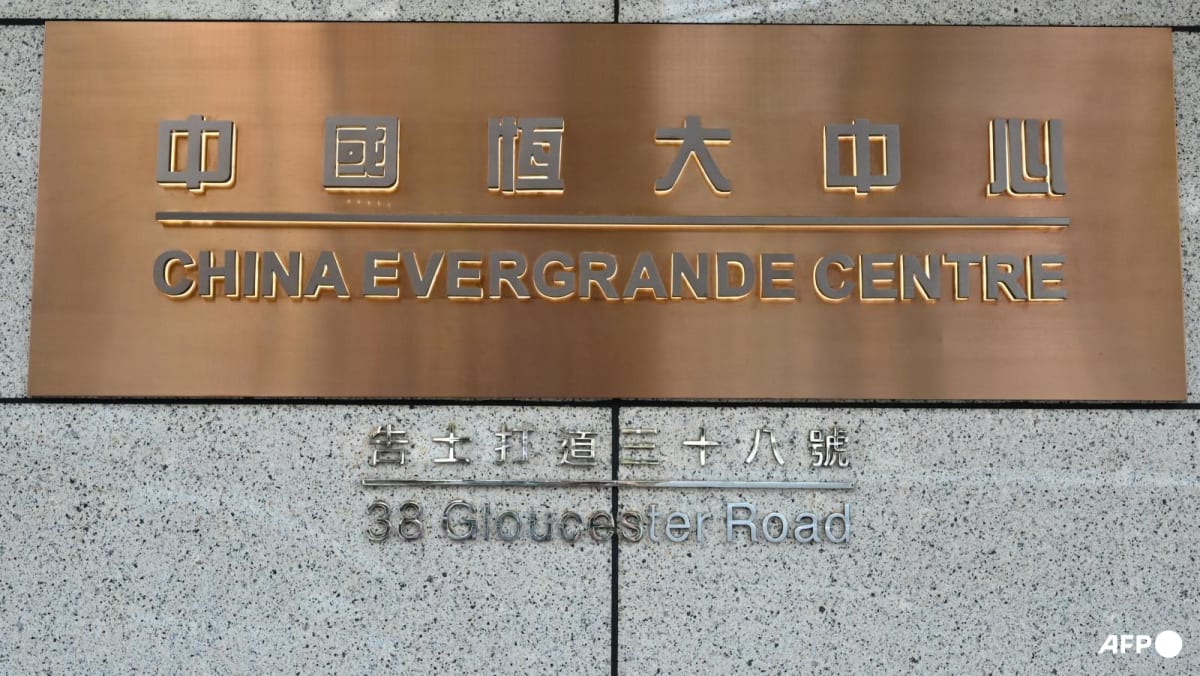
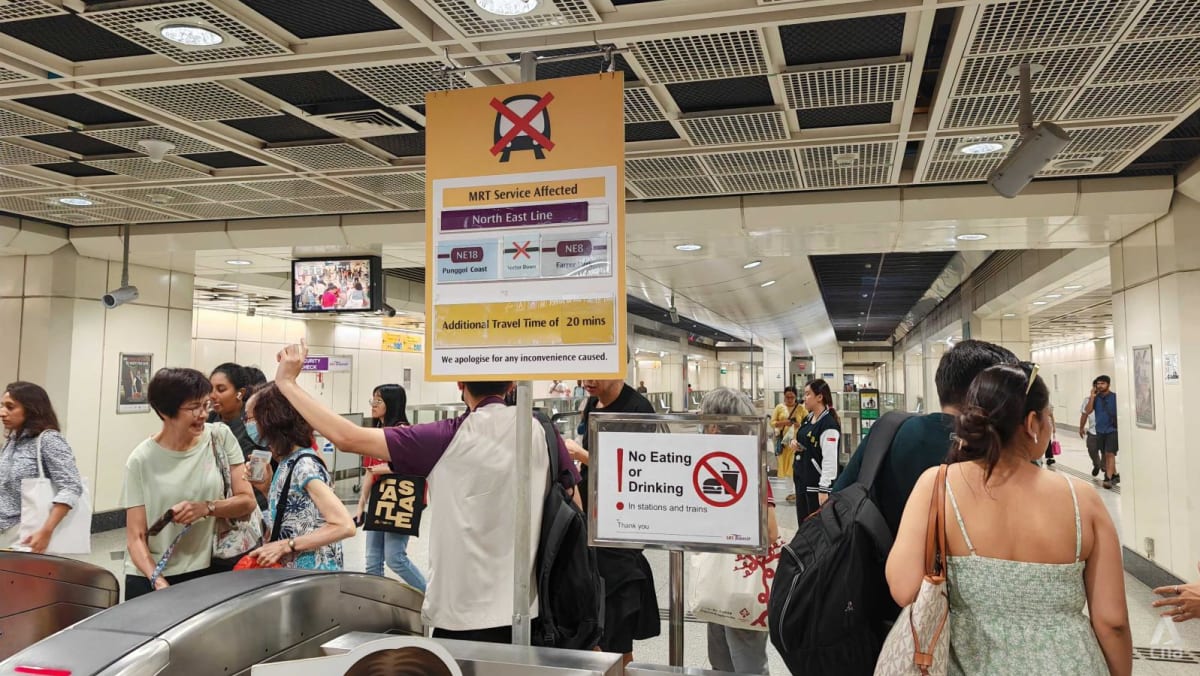
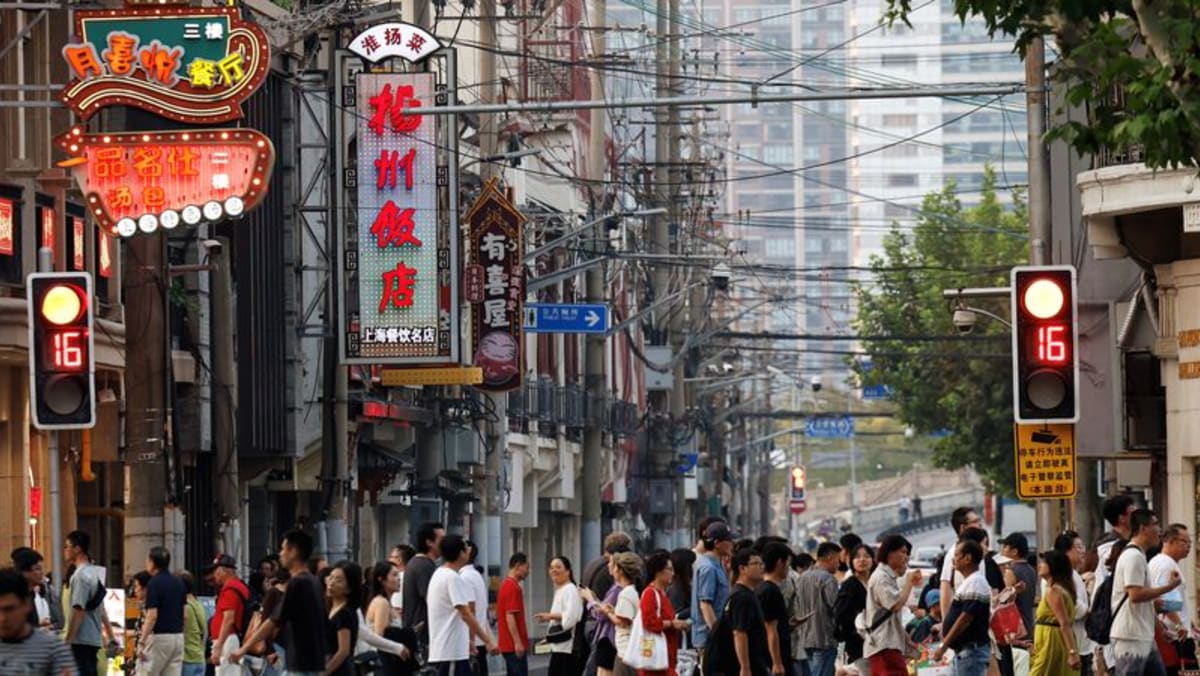
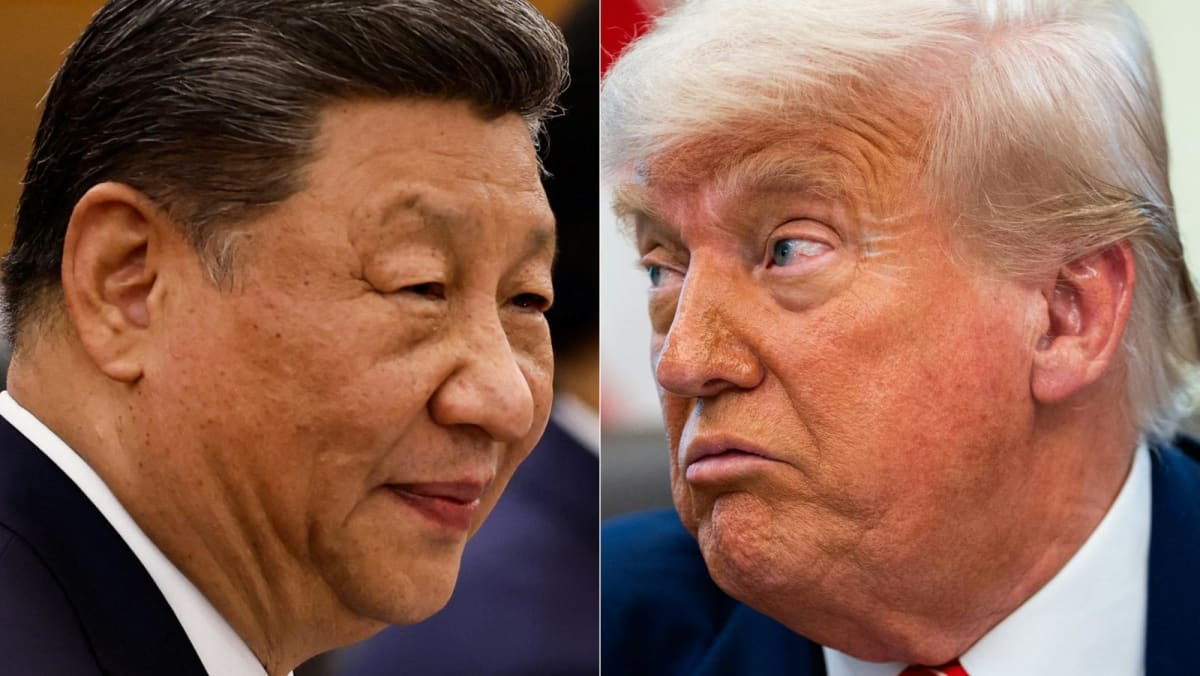

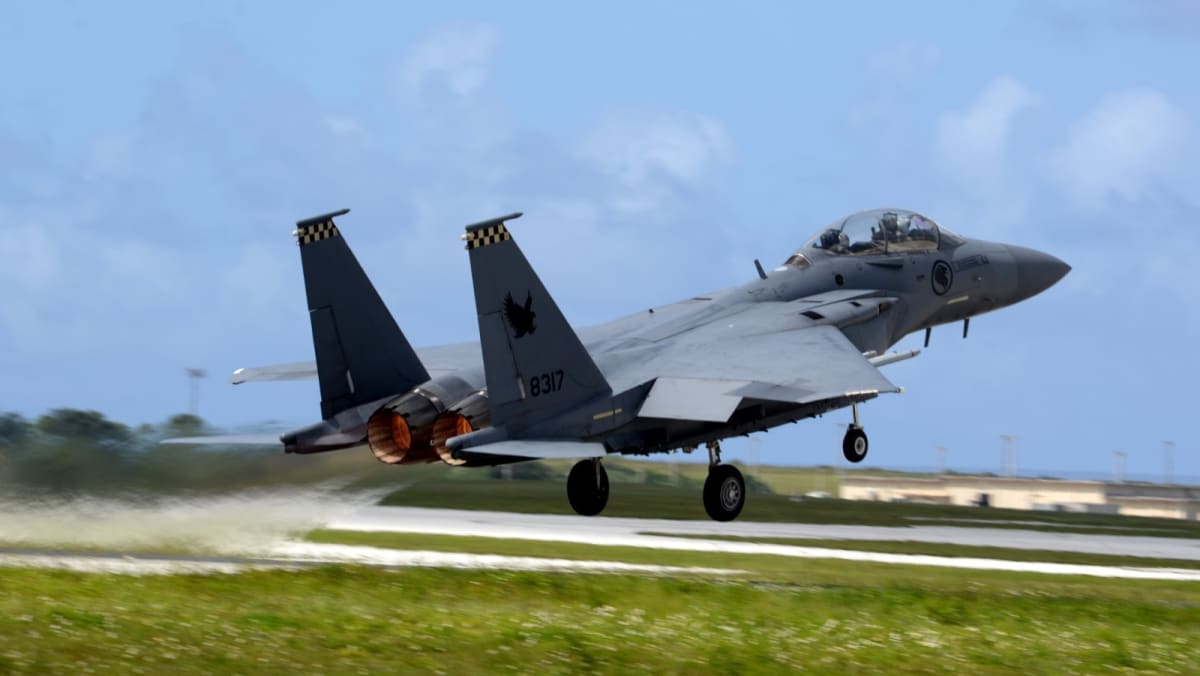
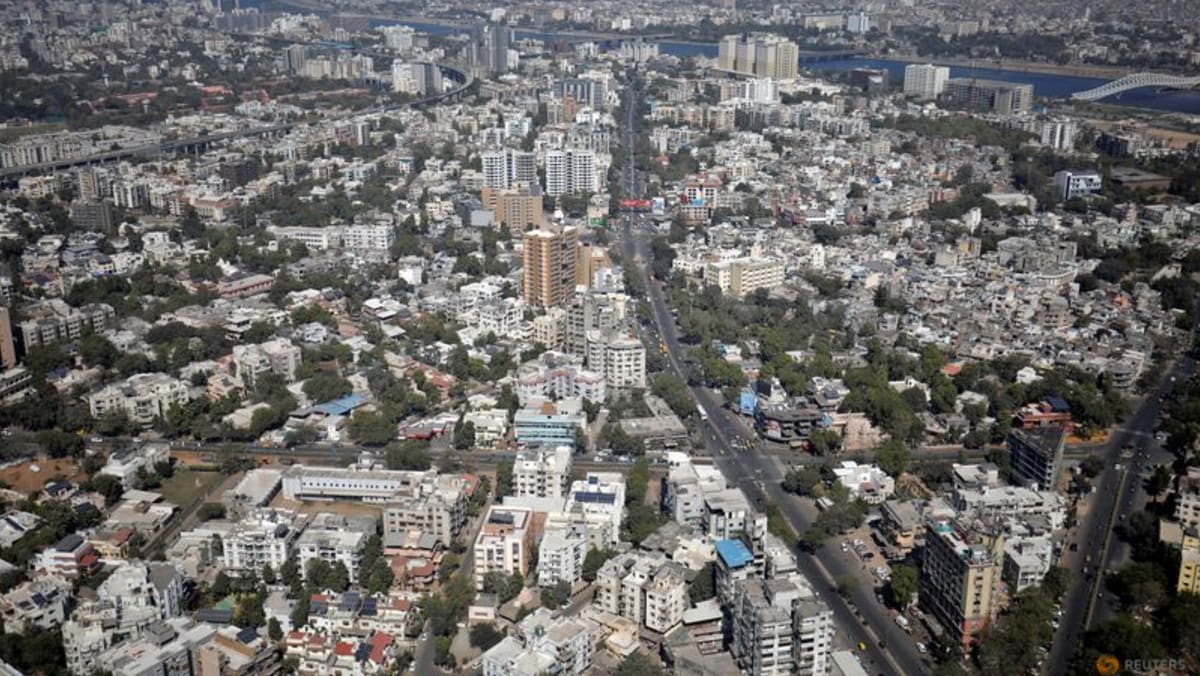
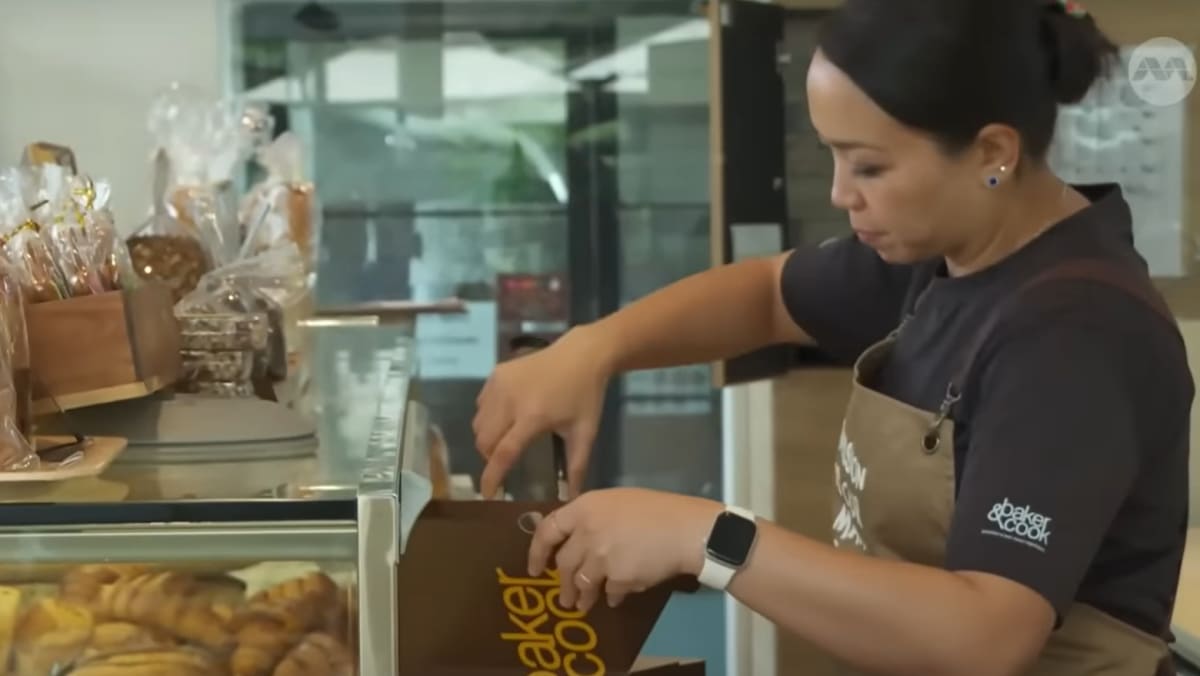
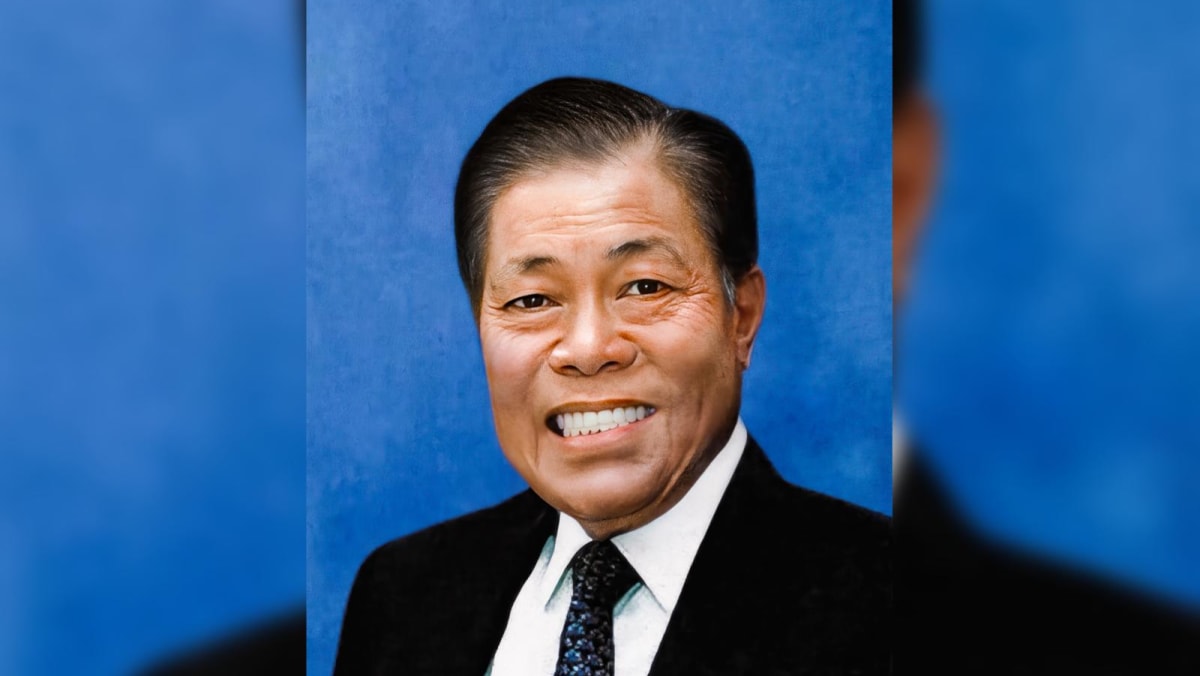
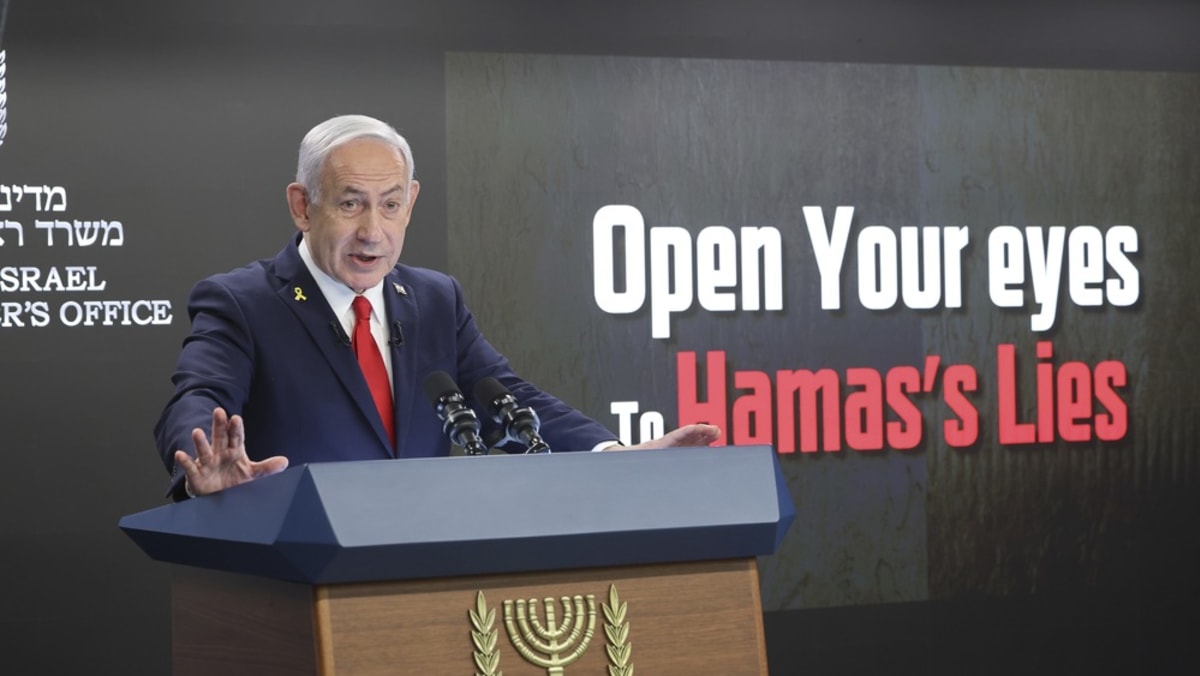
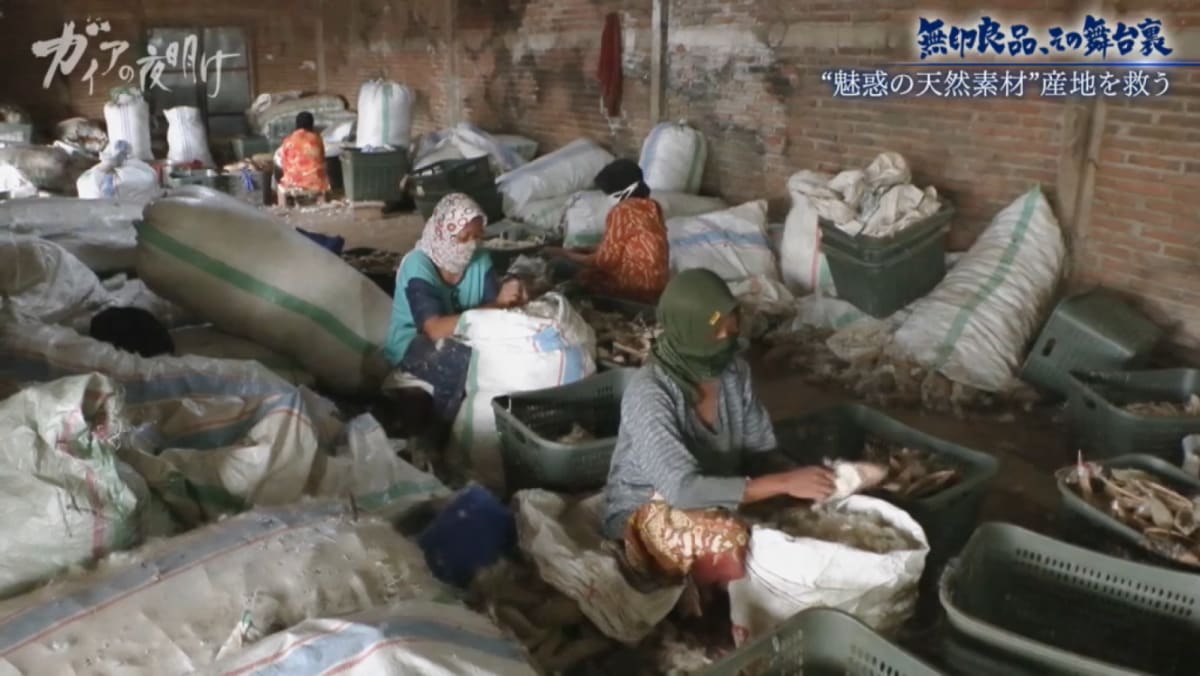

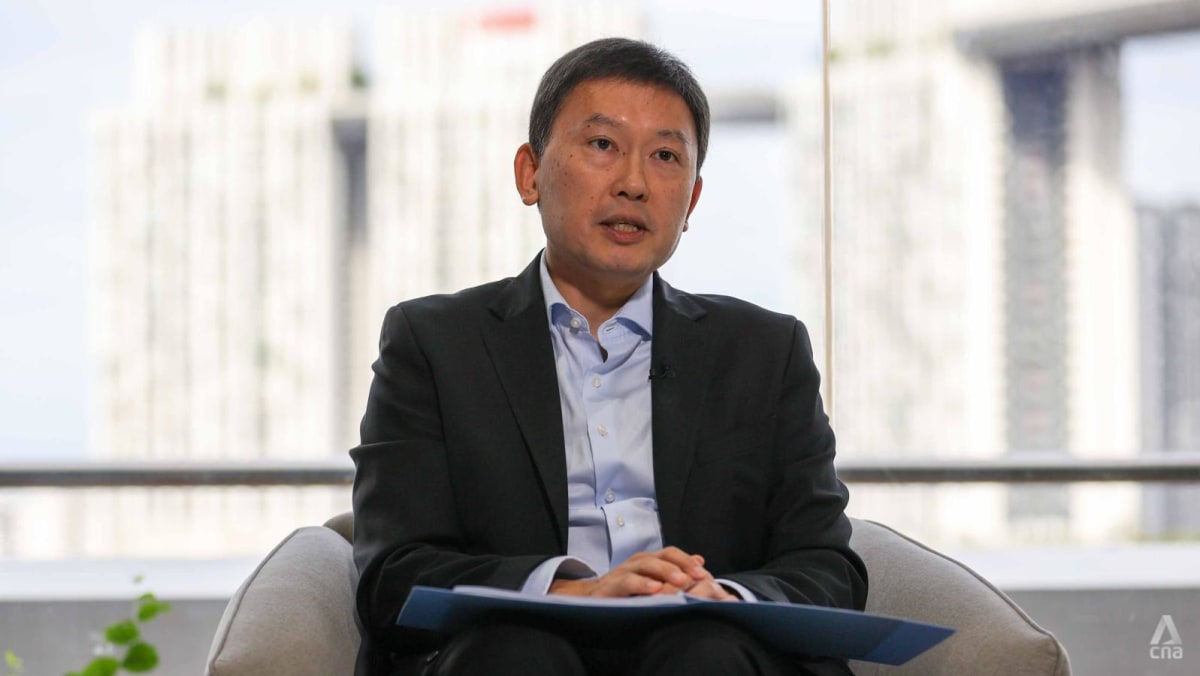
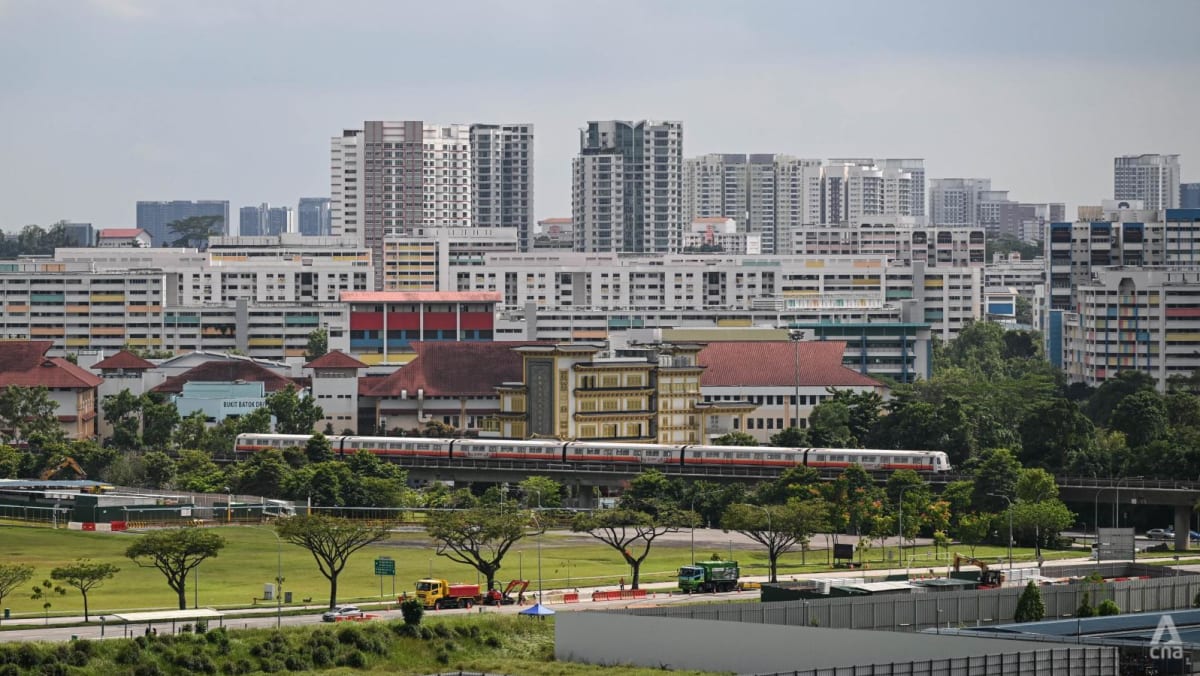
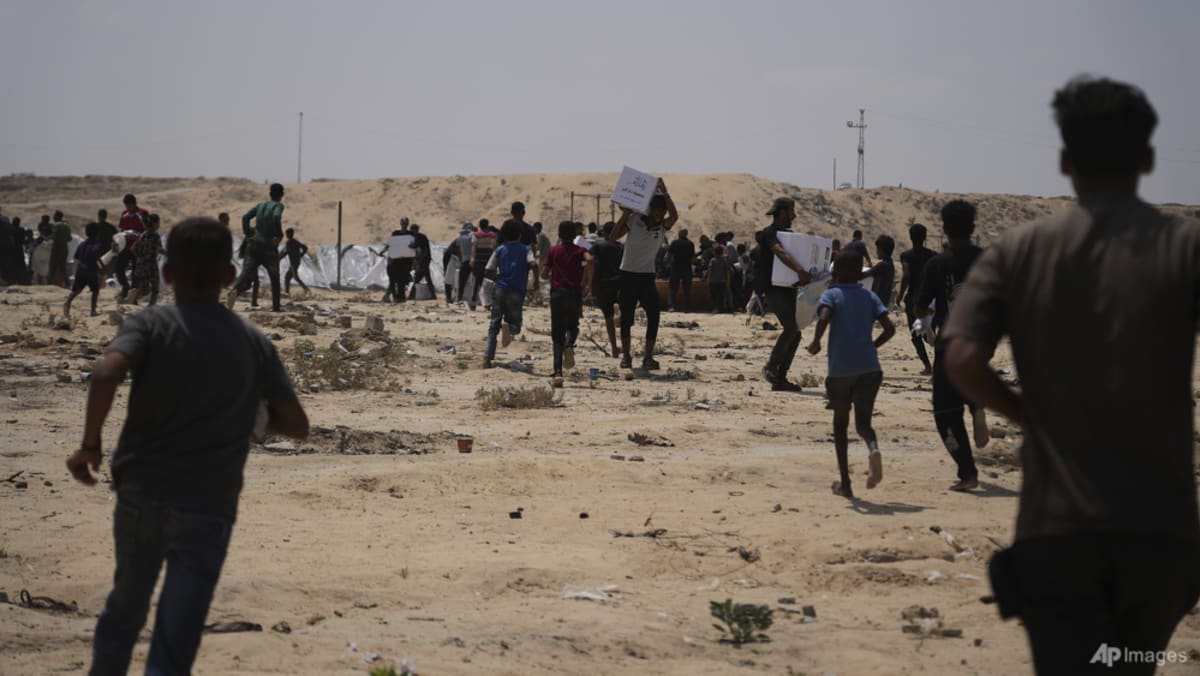
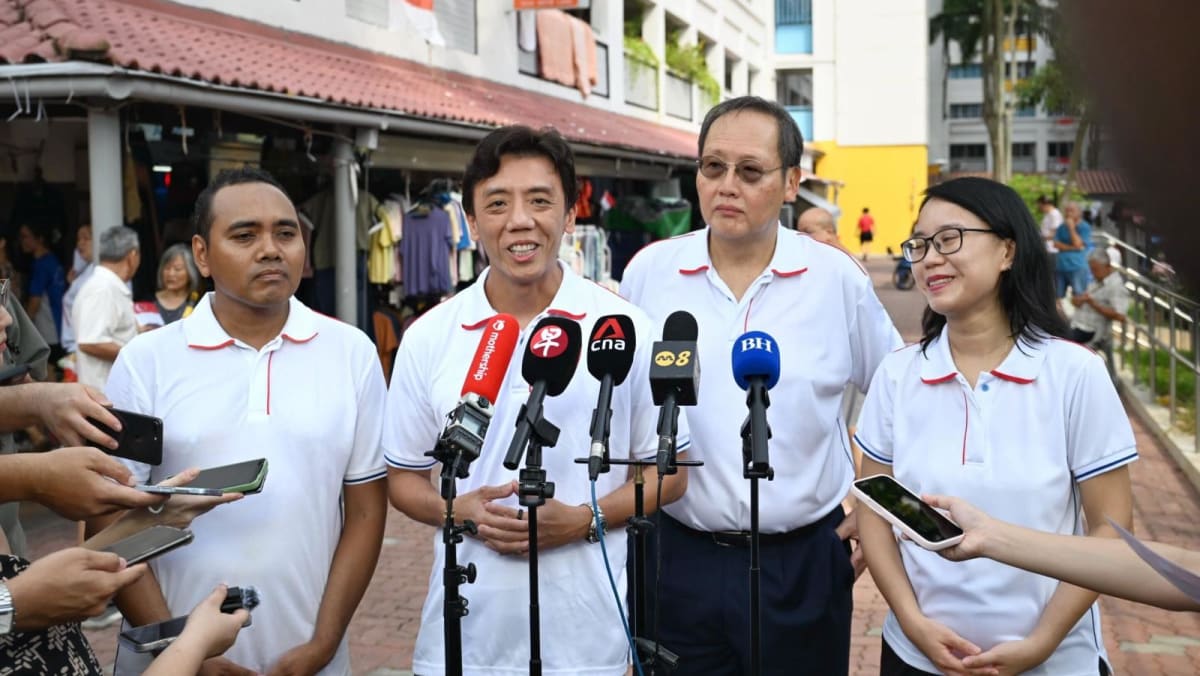
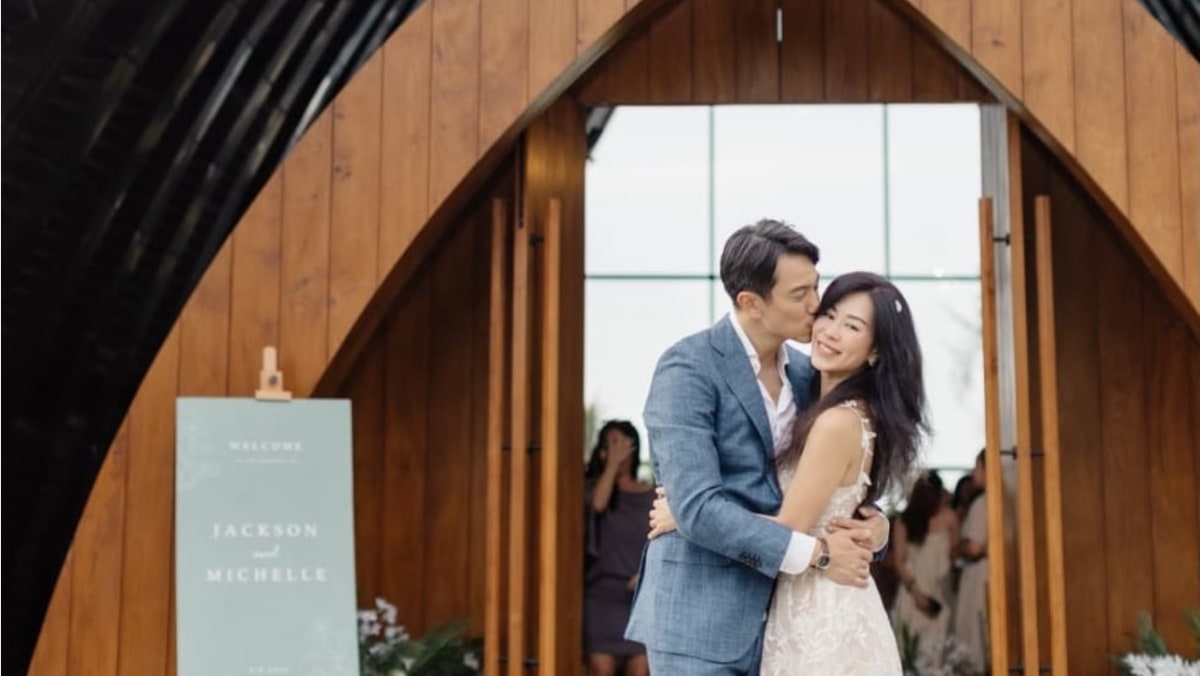
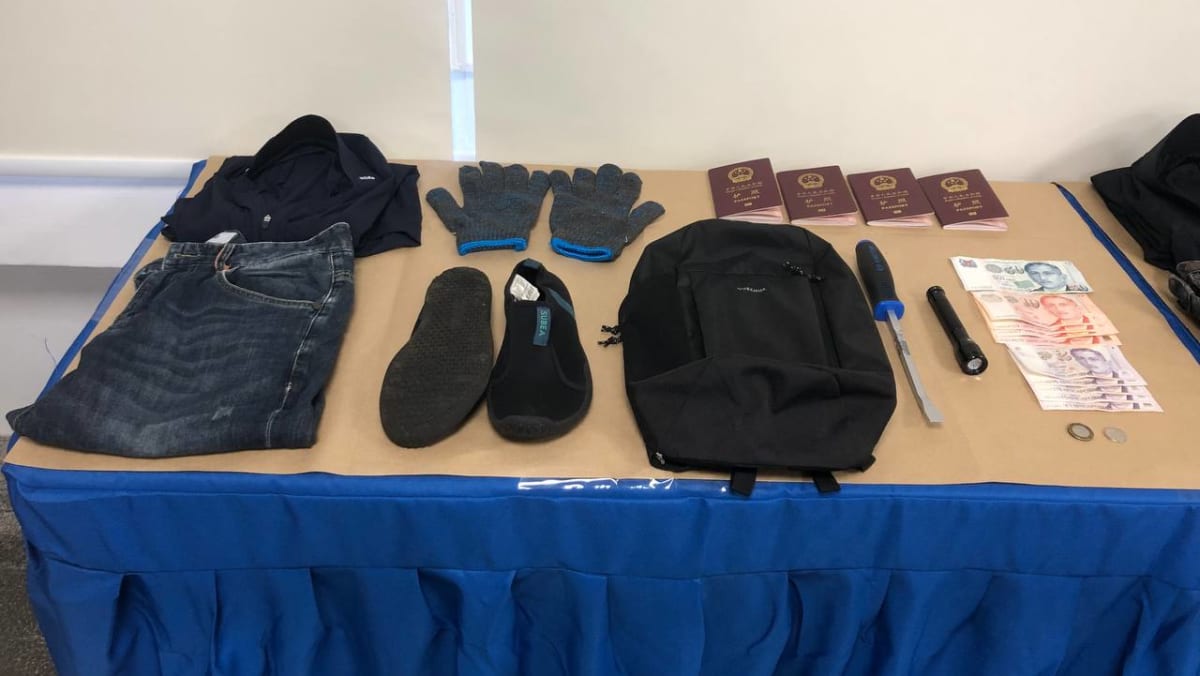
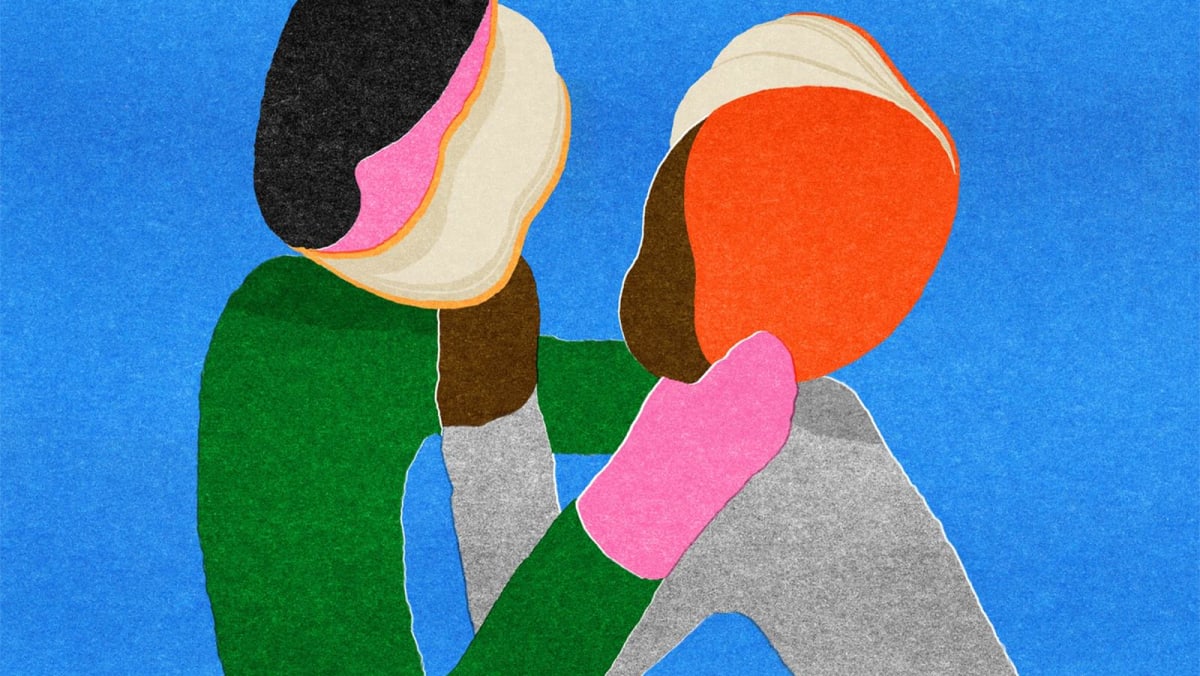














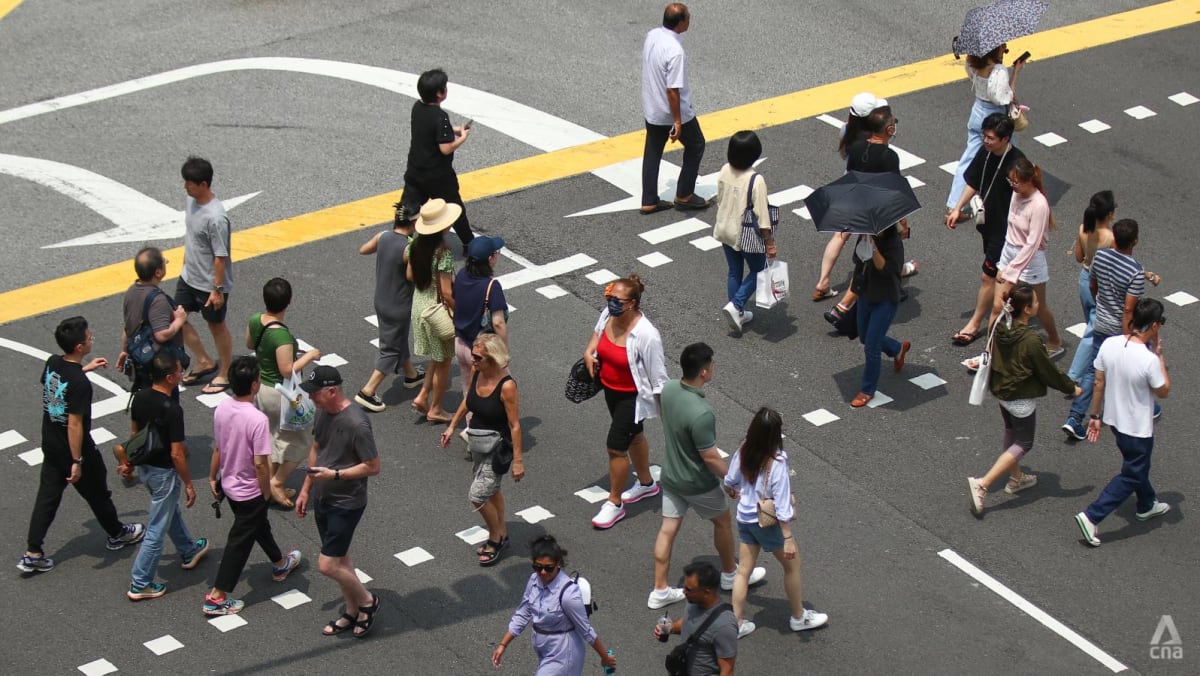






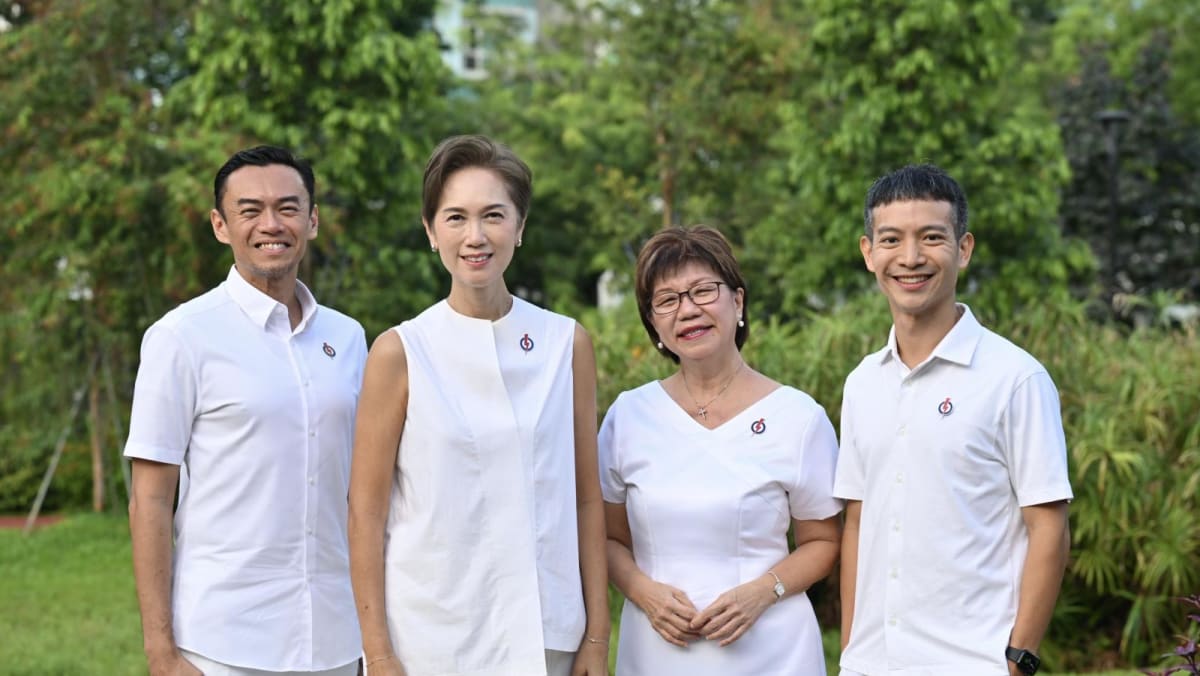





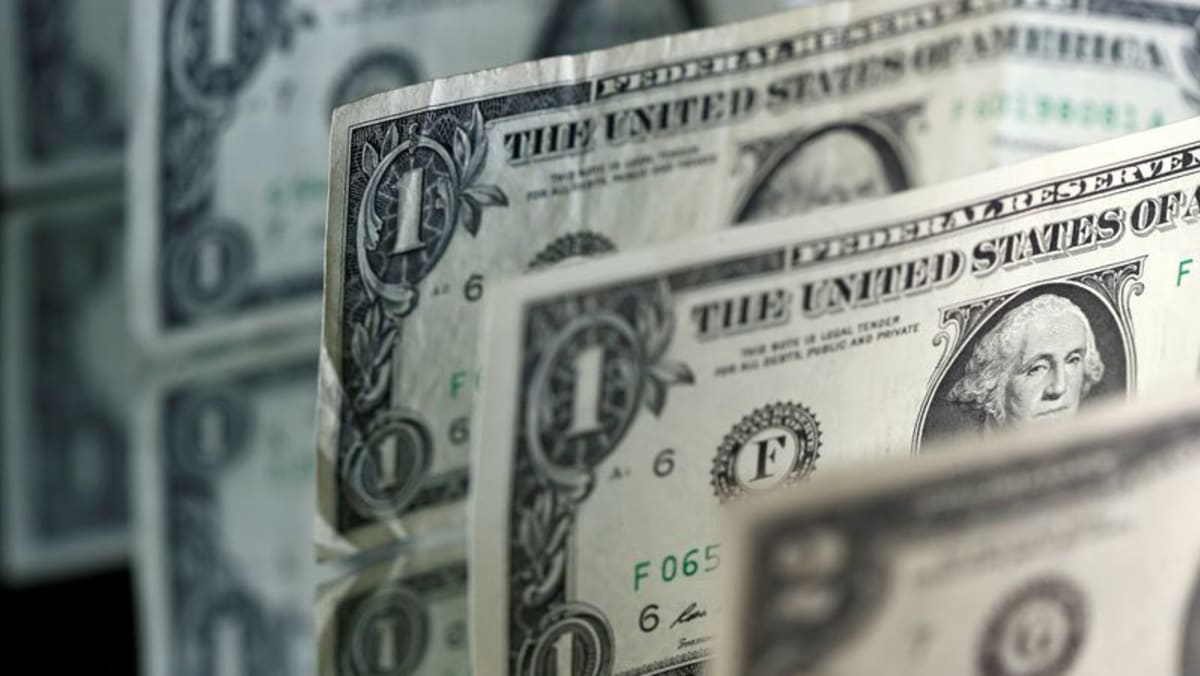
.png?itok=erLSagvf)

